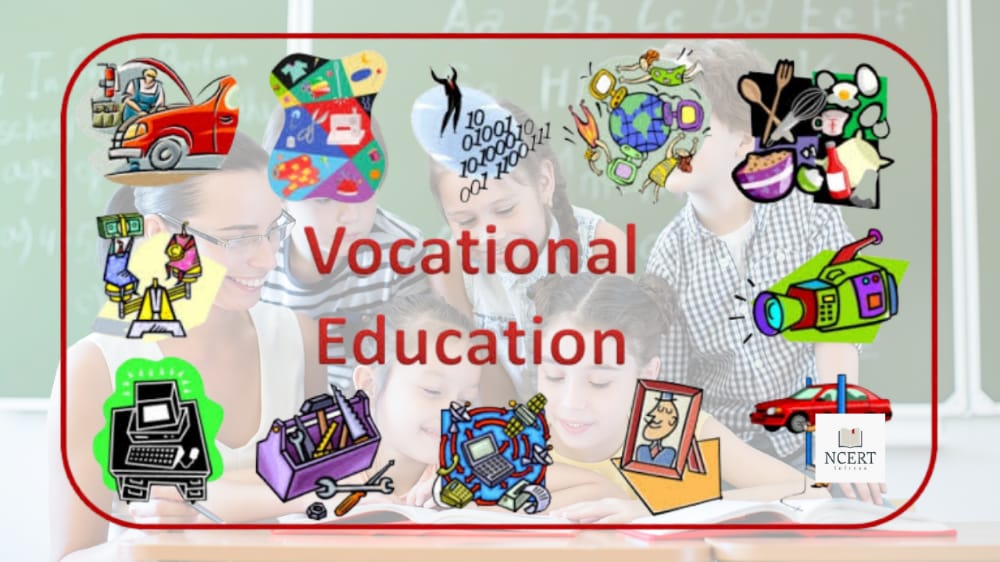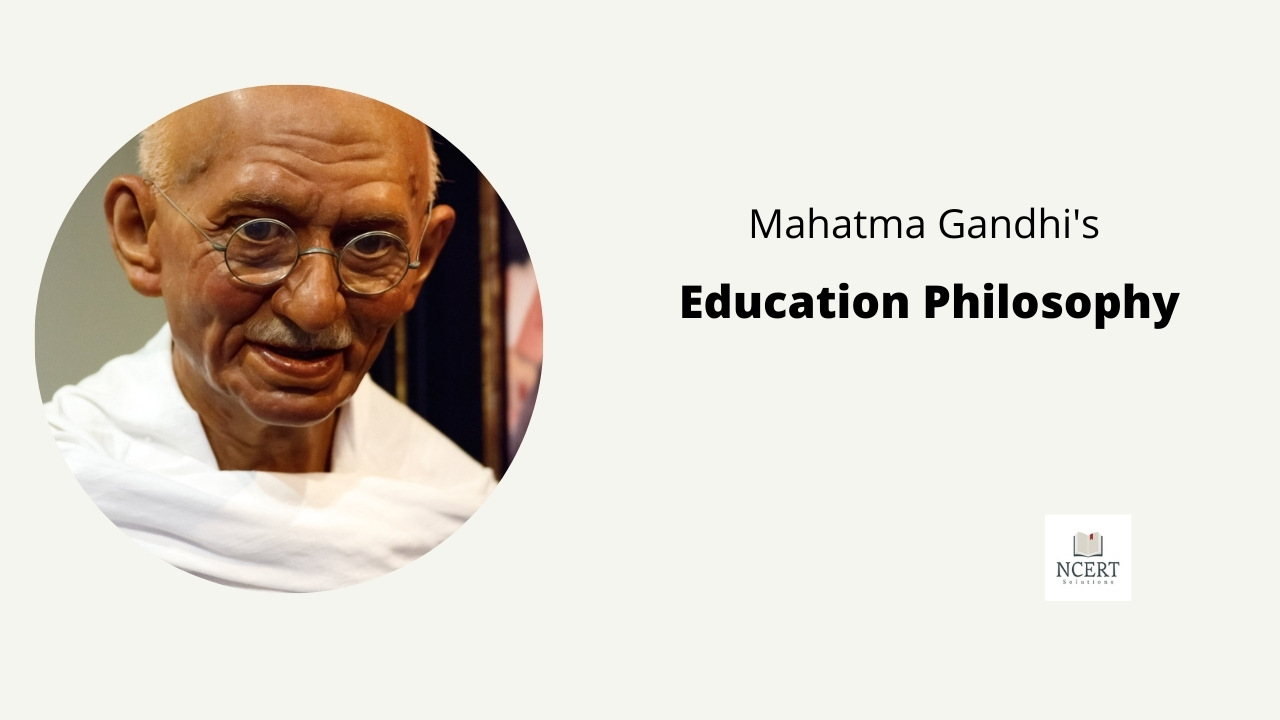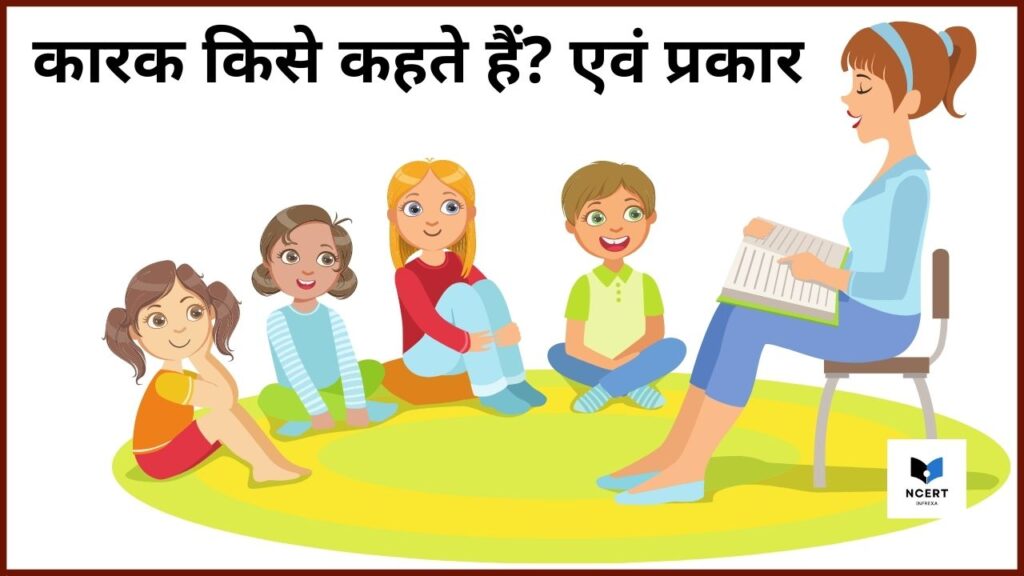Vocational education (VE) focuses on “learning by doing,” preparing students for specific trades and careers by teaching practical skills. This approach to education is crucial in today’s world, where the ability to earn a living is directly linked to hands-on experience and skill development. Recognizing its importance, vocational education was integrated into the National Curriculum Framework (NCF) 2005.
What is Vocational Education?
Vocational education is more than just connecting education with business; it’s about equipping students with the skills needed to succeed in a specific profession. This form of education allows students to gain vocational qualifications that can lead to immediate employment opportunities.
History and Development
The idea of practical education was first introduced in India by Wood’s Dispatch in 1854. Later, the Kothari Commission (1964-66) highlighted the need for vocational education in schools. The National Policy on Education 1986 set a target to involve 25% of +2 students in vocational education by 1995, further integrating it into the Indian education system.
Vocational Aims of Education
The main vocational aim of education is to provide students with the skills and knowledge needed to become self-reliant and live with dignity. Vocational education encourages students to develop specific crafts and trades, ensuring they are well-prepared to contribute to society and the economy.
Objectives of Vocational Education
- Skill Development: To equip students with practical skills that are directly applicable in the workforce.
- Self-Reliance: To help students become self-sufficient, capable of earning a living, and supporting their families.
- Economic Growth: To strengthen the national economy by creating a skilled workforce that can contribute to various industries.
- Social Responsibility: To instill a sense of responsibility in students towards their community and society.
- Holistic Development: To promote the all-round development of students, including physical, mental, and emotional growth.
Need and Importance
Vocational education is essential for the development of any country. It provides students with the tools they need to succeed in the real world, aligning education with the demands of the job market. By focusing on skill development, vocational education helps bridge the gap between traditional education and the practical needs of the economy.
Gandhi’s Views on Vocational Education
Mahatma Gandhi believed that the purpose of vocational education is to enhance students’ skills, making them self-dependent and capable of living a dignified life. He emphasized the importance of education that not only prepares students for a profession but also contributes to their overall development.
Conclusion
In the modern era, vocational education plays a critical role in shaping the future workforce. By focusing on practical skills and real-world applications, it ensures that students are prepared to meet the challenges of the job market. The vocational aims of education, combined with clear objectives, make this approach an indispensable part of the educational system.
If you have any suggestions or feedback, please let us know in the comment box.




